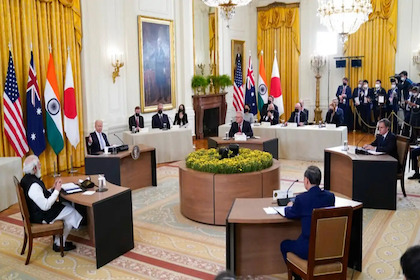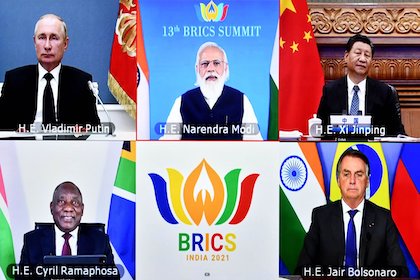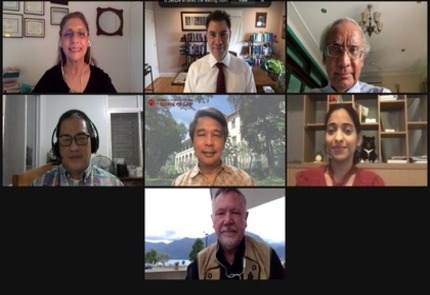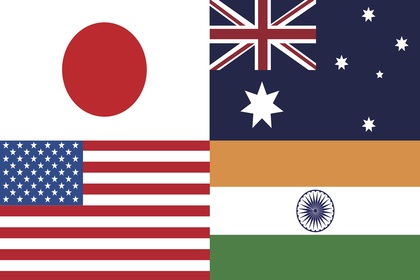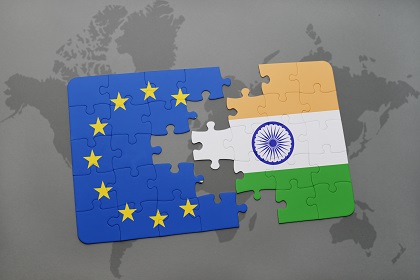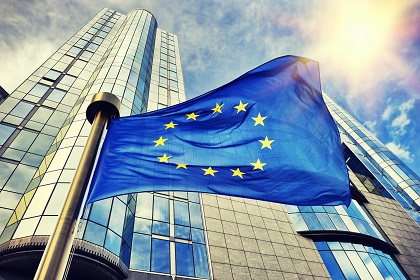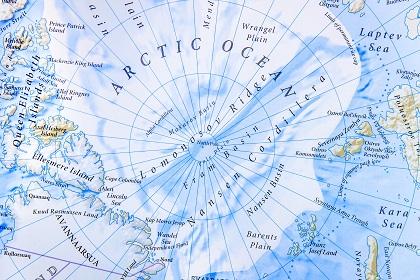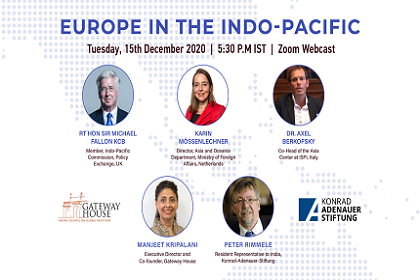The Quad gathers steam
The first in-person Quad Leader's Summit drew global attention for its symbolism and substance. A critical analysis of its outcome shows that the institutionalisation of the organisation has begun. India has a chance to work with the advanced economies, on an equal footing and with much to contribute.

